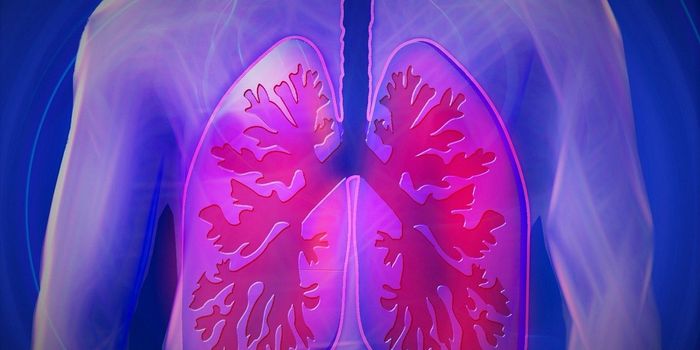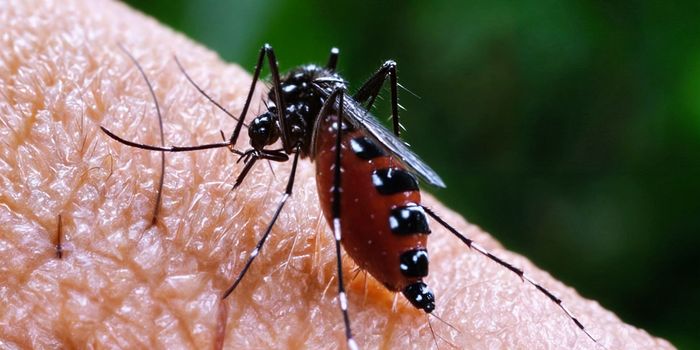Small cell lung cancer (SCLC) has a long history of evading both the immune system and scientists trying to study how it does so, and patients with SCLC rarely get diagnosed before the cancer has metastasized. Scientists from the Medical University of Vienna in Austria, where increasing amounts of people are dying from lung cancer, were finally able to obtain enough cancer cell material to determine how these tumors remain so pervasive. Dr. Gerhard Hamilton, leader of the study, and his team published their findings this week in
OncoImmunology.
Difficulty in SCLC detection most often leads to poor prognoses and harsh treatments. Irradiation and cytotoxic chemotherapy are the only options, since surgery is ineffective. Cytotoxic chemotherapy drugs are injected into the bloodstream with the goal of impeding cancer cell ability to divide and grow, leading to their destruction (
Northern Health and Social Care Trust). Normal human cells also need to divide and grow to survive though, so this therapy often has unfortunate side effects for cancer patients. In both Austria and America where lung cancer kills thousands of people every year, about 15% of lung cancers are diagnosed as SCLC, most often in people who have a history of smoking (
Cancer.org).
Scientists studying SCLC constantly had trouble obtaining "enough cell material available for biomolecular analysis," a major roadblock in figuring out how tumors would shrink initially after chemotherapy and then return resistant to the harshest treatments. In developing a new method for obtaining and cultivating samples for study, Hamilton and his team have made major advances in the battle against SCLC.
Their established method for "cultivating the circulating tumor cells (CTCs)" made it possible for the team to determine the mechanisms behind the cancer cells' immune system evasion.
First, CTCs manipulate the local microenvironment to stimulate monocyte differentiation into macrophages. At first this seems counterintuitive since macrophages function to phagocytose abnormal cells like tumor cells. However, CTCs also alter macrophage cytokine expression to the point where the lymphocytes not only fail to attack and kill the cancerous cells, but also change the local conditions themselves to enhance CTCs' ability to spread.
In the words of the scientific team, "CTCs are competent to specifically manipulate tumor-associated macrophages to increase invasiveness, angiogenesis, immunosuppression, and possibly lipid catabolism."
Now that the team from Vienna understands monumentally more about SCLC evasion of the immune system, the next step is to determine how cancer recurrence is accompanied by resistance to treatment.
Watch the following video to learn more about how SCLC is diagnosed and how doctors create treatment plans.
Source:
University Department of Surgery at the Medical University of Vienna










